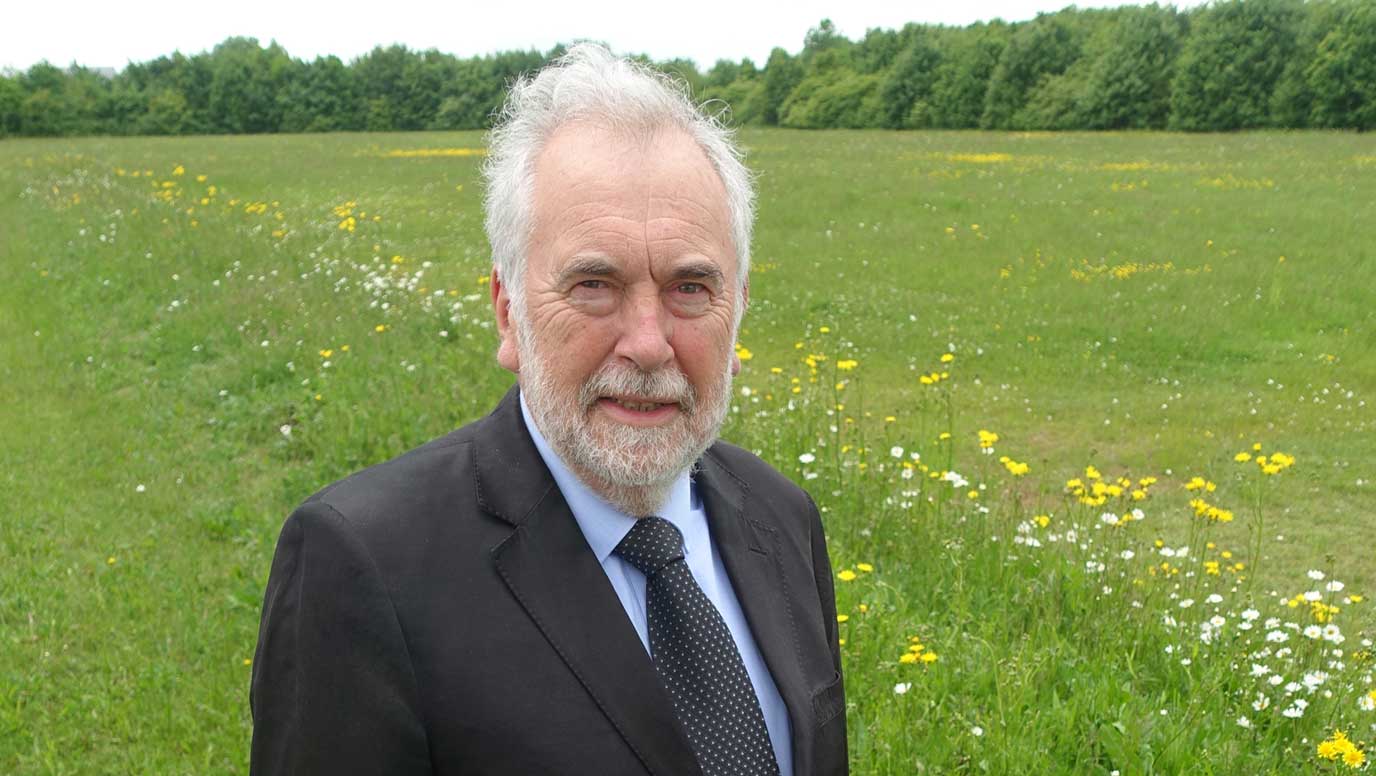Council Tax may double on second and empty properties in South Cambs

Council estimates suggest there are around 2,640 empty homes in the district and a further 360 second properties.
Council Tax for a band D property in South Cambridgeshire is currently £2,303 per year. If the new policy is approved that would increase to £4,606 and be due after one year rather than two as is currently the case.
The aim is to encourage people to sell or rent their properties to tackle a national housing shortfall which is particularly acute in South Cambs.
The proposal to increase double Council Tax on empty and second homes will be discussed in a meeting of the District’s Cabinet on Tuesday 5 November and follows the Government’s introduction of a new law giving councils across England the power to increase Council Tax if they choose.
If given the green light at Cabinet, and then November’s Full Council meeting, the changes will come into force in April 2026.
Cllr John Williams, Lead Cabinet member for Finance at South Cambridgeshire District Council, said: “Our aim is to encourage empty or second homes back into use, in either the rental or sales market. If given the go ahead the change would also indirectly support the growth of local businesses and economies by encouraging an efficient use of local housing.
“Homes that lay empty for a long time are a waste of a scarce resource. With record demands for housing and growing social housing waiting lists, more use must be made of the existing housing stock.
“Evidence shows that when empty homes are left unmanaged and unmaintained they become subject to vandalism, social issues and degradation. This negatively impacts on other residents and communities.”
The increase will include second homes because currently, Council Taxpayers choose to furnish empty properties to classify them as second homes. This allows them to avoid the empty homes charge, even though the property remains unoccupied. This practice, aimed at reducing Council Tax bills, does not contribute to increasing the availability of housing. It is expected that the new policy would reduce the incentive for such behaviour.
Under the Levelling Up and Regeneration Act 2023, councils were given the discretion to charge additional council tax of up to 100 per cent on furnished homes not used as a sole or main residence. Under the rules, councils must vote on the change and then give a year’s notice, before implementing the increase.
Councils that have already voted in favour of the change include Cambridge City Council, East Devon District Council and North Norfolk District Council.
There’s already a raft of support available from the District Council to bring empty homes back into use.
Empty properties have an increased likelihood of arson, theft, damage, squatting and fly tipping. Overgrown brambles, trees, foliage and ivy can cause damage to shared fencing, roofs and gardens. Rodent and vermin infestation is also a risk, particularly if there is a readily available food source.
The owner of the empty home is losing potential rental revenue and will have to pay costs for rubbish and garden clearance, graffiti removal or boarding up the home. They will also pay increased insurance for an empty or dilapidated property.
In 2023/24 the Council’s Empty Homes Officer helped bring 26 homes back into use. If you are a private homeowner and would like further help and support contact env.health@scambs.gov.uk. For more information you can visit the Empty Homes webpage.

